Franschhoek isn’t just about world-class wine; it’s a premier festival destination with a rich calendar of events. From Franschhoek wine festivals 2025 to Franschhoek music festivals 2025, there’s something for every traveller. Nestled in the heart of the Cape Winelands, this charming valley offers a mix of heritage, luxury, and entertainment.
Meet the resident owls of Franschhoek Country House & Villas
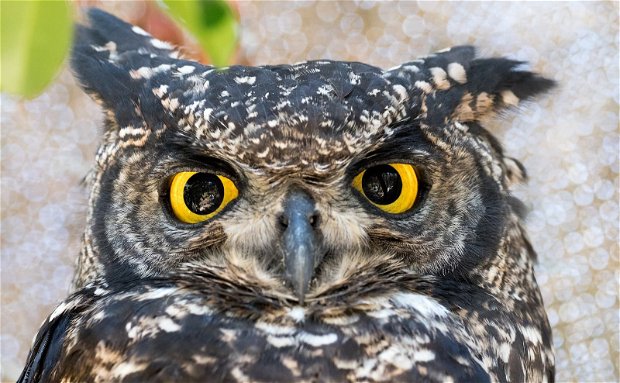
Franschhoek Country House & Villa’s resident spotted eagle owls were spotted in the hotel’s gardens last week. This marks the return of this pair of birds for the winter breeding season for the last 10 consecutive years.
Franschhoek Country House & Villa’s resident spotted eagle owls were spotted in the hotel’s gardens last week. This marks the return of this pair of birds for the winter breeding season for the last 10 consecutive years.
Spotted eagle owls are large birds that grow to a height of 43 – 50cm. They have a wingspan of around 1 metre. They can be identified by the blotched spots on their head, back, and wings and the prominent tufts of feathers on either side of their head, known as ear tufts. They are nocturnal, roosting inconspicuously in trees or rocks in the day, where they sit dead still with their feathers drawn tightly to their bodies. Dusk is the best time to spot them when they can often be found perched in prominent elevated positions to scan the ground for movement before their evening’s hunt begins.
General Manager of Franschhoek Country House & Villas, Ben Du Toit, knows the breeding pair of owls well and has collected a large gallery of photos of them over the years, some of which are pictured below.
Breeding Season Habits
When a spotted eagle-owl has found a successful nesting spot they typically return to the same site year after year during the breeding season which takes place between May and August. When staying at Franschhoek Country House & Villas during these months you can often hear the owls hooting to each other at night. They are very vocal during this time, frequently calling out to find their partners and reestablish their territories. The male spotted eagle-owl gives a double hoo-hoooee which the female answers with a triple hoo-hoo-hoooee. Chicks only learn to hoot when they mature and tend to screech loudly when they are newly hatched and hungry.
The birds tend to lay 2 – 4 eggs in a clutch each winter. The female owl rarely leaves the nest during this time as she incubates the eggs, a process which takes between 32 – 34 days. When the eggs hatch the male owl hunts alone for the first 3 – 4 four weeks while the female owl stays with the new chicks. At around 3 – 4 weeks the female owl starts to hunt again with the male, bringing more food back to the nest. At around 6 weeks the chicks start to leave the nest, exploring the ground under strict parental supervision. When on the ground the owlets snap their beaks and make loud clicking noises if anyone gets too close to them and they feel threatened. By 7 weeks they have learnt to fly and have started to hunt on their own. The owl parents continue to bring food back to the nest until the chicks are completely ready to fend for themselves at around 4 months old. It is at this point when the chicks start to fly further afield looking to establish their own territories.
The benefits of coexisting with owls
Owls are excellent predators and can kill up to 2000 rats in a year. Their diet consists of mice, rates, crickets, beetles, frogs, and dove, guinea fowl or francolin chicks. While not an
endangered species, the spotted eagle-owl faces a lot of adversity during its life. They often die from eating poisoned rats or are killed from eating carrion on the road at night. Owls are believed to be bringers of bad luck in many African cultures, so the birds are often killed by people. To aid in the conservation of these beautiful creatures Franschhoek Country House is committed to educating its guests and staff about the benefits of living peacefully beside these creatures that naturally control pests in an area. We have also committed to only making use of eco-friendly pesticides where necessary. These do not cause secondary poisoning of predators, such as owls.
Franschhoek Country House Bird Spotting List
Here’s a list of birds to keep an eye out for during your next stay at Franschhoek Country House & Villas. We are blessed with a magnificent variety of birdlife in and around the hotel.
- African Harrier Hawk
- Jackal Buzzard
- Black Winged Kite
- Rock Pigeons
- Pied Kingfisher
- Swee Waxbills
- Southern Fiscals
- Hoopoes
- Red-winged Starlings
- African Fish Eagles
- Orange-breasted sunbirds
- Malachite Sunbird
- Southern double-collared Sunbird
- Cape Robin-chat
- Hadada Ibis
- African Sacred Ibis
- Grey heron
- Barn swallow
- Cape swallow
- Cape bulbul
- Cape crow
- Cape Turtle Dove
- Cape sparrow
- Cape spurfowl
- Cape rock thrush
- Common waxbill
- Egyptian goose
- Helmeted Guineafowl
- Hamerkop
- Laughing dove
- Reed Cormorant
- Southern Red Bishop
- Southern Masked weaver
Featured Image by Jean van der Meulen
Further Reading
As Valentine's Day approaches, love is in the air, and what better way to celebrate than by embarking on a romantic getaway? Nestled in the heart of South Africa's picturesque Franschhoek Valley, Franschhoek Country House & Villas offers an idyllic setting for couples seeking a truly enchanting experience. In this blog, we will introduce you to some of the loveliest romantic spots in Franschhoek and highlight the captivating ambiance of luxury accommodation...
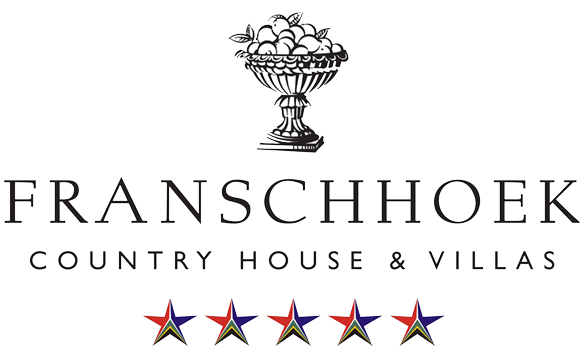

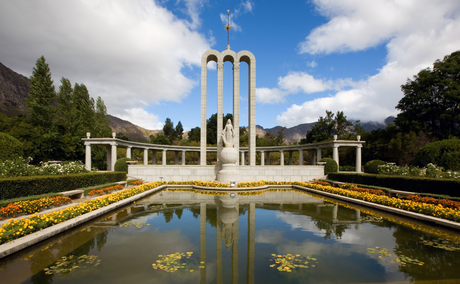


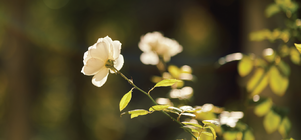
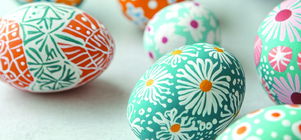
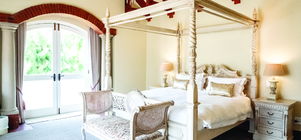
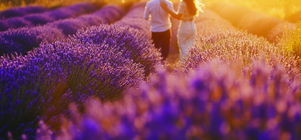
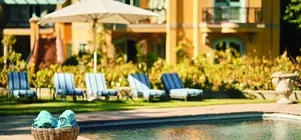
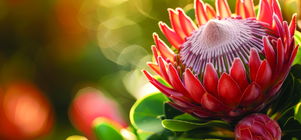
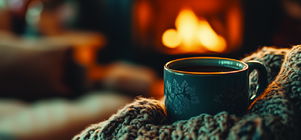
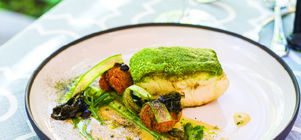
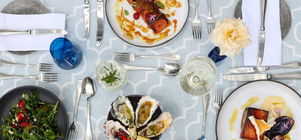
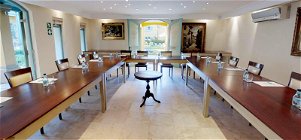
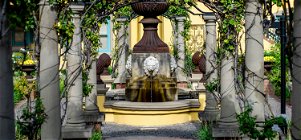
Share This Post